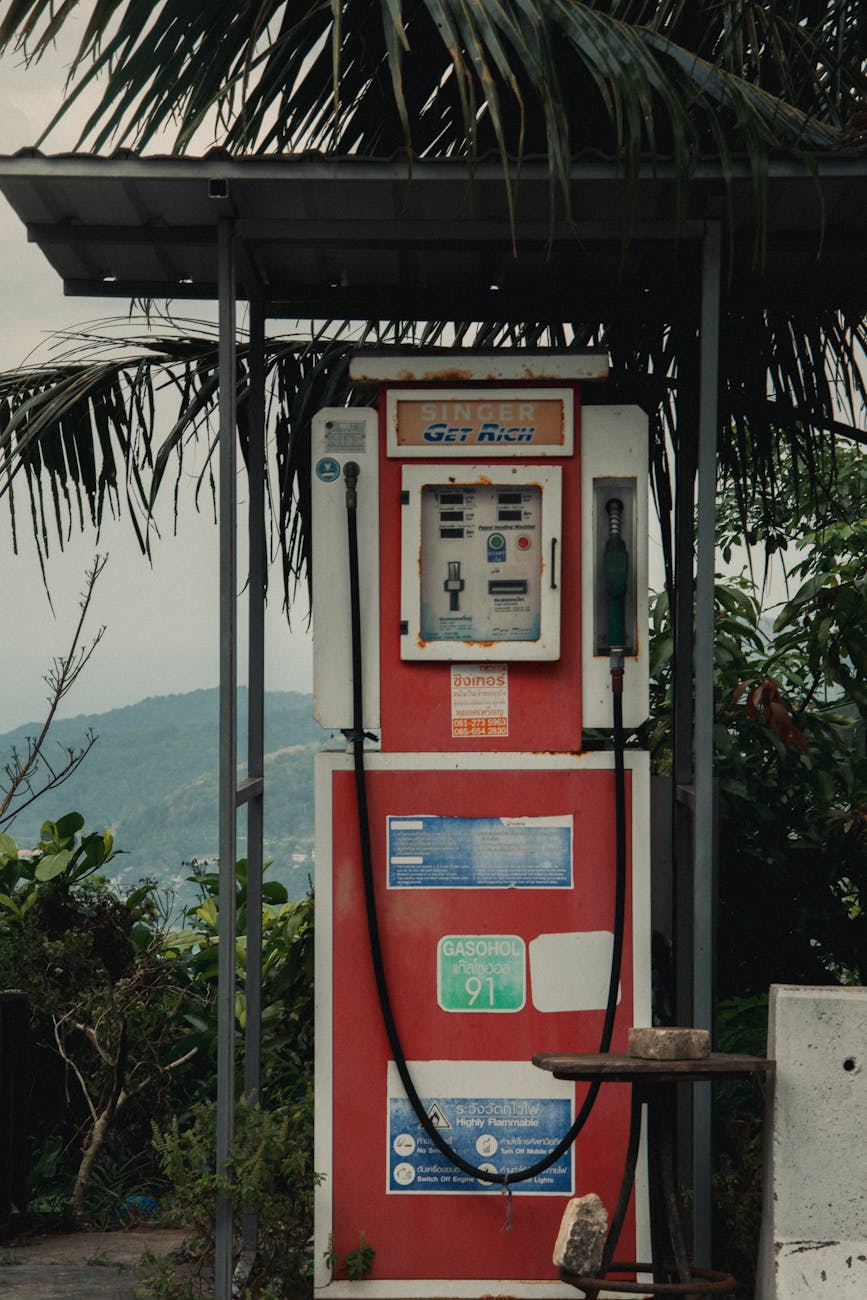Are you curious about the wonders that await you in Thailand? Known for its breathtaking landscapes, rich cultural heritage, and delightful cuisine, Thailand is increasingly recognized as a leading destination for responsible tourism. Not only does it captivate travelers with its stunning beaches and vibrant cities, but it also offers unique opportunities to engage in sustainable practices that benefit both locals and visitors. This blog post will explore why Thailand is deemed the ultimate destination for responsible tourism, focusing on how it fosters environmental sustainability and cultural preservation while connecting tourists with local communities.
As we delve deeper into this journey, we will provide actionable insights, practical tips, and even real-life examples of responsible tourism practices that travelers can adopt. Moreover, you will find a detailed table of contents that will allow you to navigate through the highlights of this blog seamlessly. Join us as we uncover the essence of Thailand and its commitment to ensuring that tourism serves as a force for good.
Table of Contents
1. Why Thailand Stands Out
2. Sustainable Practices to Embrace
3. Engaging with Local Communities
4. Eco-Tourism in Thailand
5. Elevating Your Travel Experience
6. Frequently Asked Questions
Why Thailand Stands Out
Thailand has consistently been recognized globally as a premier destination, not only due to its natural beauty but also because of the unique ethos of the Thai people who prioritize spirituality and harmony with nature. Visitors flock to this paradise not just for the scenic beaches or the magnificent temples but for a deeper connection with the heart and soul of its culture. The country’s extensive efforts in promoting responsible travel reflect a commitment to preserving its rich cultural heritage and ecological bounty, consequently serving as a role model for other nations seeking to balance tourism with sustainability.
Imagine trekking through the lush jungles of Chiang Mai, encountering elephants cared for through ethical tourism initiatives, or participating in beach clean-ups in Phuket. Each experience enriches travelers’ understanding of their surroundings, while simultaneously contributing to local economies and ecological preservation. With its thriving voluntourism scene and a plethora of eco-friendly accommodations, Thailand extends a warmth and sustainability ethos that resonates throughout the travel community.
Sustainable Practices to Embrace
Engaging in sustainable tourism during your trip to Thailand is not just a possibility; it is an opportunity to take part in practices that protect the environment while enhancing your travel experience. From opting for eco-friendly hotels to choosing local transportation options like bicycles or tuk-tuks, every decision plays a significant role. Many hotels in Thailand have adopted sustainable measures, such as reducing plastic waste, conserving water, and utilizing renewable energy sources.
Moreover, visitors can dine at local eateries that source ingredients from nearby farms, promoting the farm-to-table concept while experiencing authentic Thai flavors. Participating in local workshops, such as cooking classes or handicraft sessions, also ensures that your travel investments help maintain traditional crafts and livelihoods. These small contributions can induce lasting changes, fostering a symbiotic relationship between visitors and the local culture.
Engaging with Local Communities
When traveling in Thailand, engaging with local communities is not merely encouraged; it is essential. Travelers are presented with countless opportunities to immerse themselves in cultural experiences and to learn from the locals. Such engagement can range from attending community festivals to volunteering in educational programs, ensuring that the benefits of tourism flow directly to the communities served. For instance, programs that promote home-stays allow travelers to live with local families, offering incredible insights into daily life while facilitating a genuine exchange of culture.
Another remarkable way to connect is through community-led tours, where villagers guide travelers through the beautiful landscape, pointing out hidden gems and sharing stories passed down through generations. This cultural exchange promotes understanding and appreciation, transforming visitors into advocates for responsible travel. As you explore the remote islands or bustling markets, you will witness first-hand the dedication of communities towards preserving their traditions and environments, making it a compelling case for responsible tourism.
Eco-Tourism in Thailand
Eco-tourism has become synonymous with Thailand’s travel narrative, making it an exemplary model for travelers who wish to reduce their ecological footprints. The country’s vast national parks, like Khao Sok and Erawan, offer pristine ecosystems teeming with wildlife and biodiversity. Venture into these remarkable havens with guided tours that adhere to sustainable practices, ensuring that interactions with nature occur responsibly.
The rise of community-based tourism initiatives has resulted in the empowerment of local groups to manage their resources and guide travelers through their home regions. From nature treks in the mountains of Pai to snorkeling in the crystal-clear waters of the Andaman Sea, eco-tourism in Thailand thrives by prioritizing conservation efforts. Engaging with responsible tourism operators ensures that the local flora and fauna are respected, and profits are reinvested into preservation—creating a ripple effect of positive impact that spreads beyond the immediate experience.
Elevating Your Travel Experience
Elevating your Thailand experience is simple when you incorporate responsible tourism practices into your travel plans. Begin with research: look for accommodations that boast eco-certifications and support local initiatives. Furthermore, your travel choices should favor experiences that contribute to the community rather than simply commodifying it. By approaching your travel with a conscientious attitude, you create a more meaningful connection to your environment and the people within it.
Next, consider setting aside a portion of your travel budget for donations to local projects or initiatives aimed at conservation or community support. Not only does this enhance your overall experience, but it also fosters goodwill and motivation for locals to maintain their cultural identity. In essence, your trip to Thailand can transform into an impactful journey, where every step you take resonates with intention and respect.
Frequently Asked Questions
- How can I find eco-friendly accommodations in Thailand?
Eco-friendly accommodations can usually be found through travel websites that filter properties based on sustainability criteria. Look for certifications or read reviews that highlight green practices. - What are some must-try sustainable tours in Thailand?
Seek out community-based tourism companies that focus on preserving local environments and cultures, offering experiences like organic farm tours or village homestays. - How can I minimize my environmental impact while traveling in Thailand?
Choose sustainable modes of transport, reduce plastic usage, and opt for local meals to minimize food miles. Participating in clean-up events is a great way to give back. - Are there specific volunteer opportunities for travelers in Thailand?
Yes! Many organizations focus on wildlife conservation, education, and community development, welcoming travelers to contribute their skills and time. - What cultural norms should I be aware of when visiting Thailand?
Displaying respect for the monarchy, dressing modestly at religious sites, and using polite language can enhance your interactions and experiences.
Image Credit: Pexels





